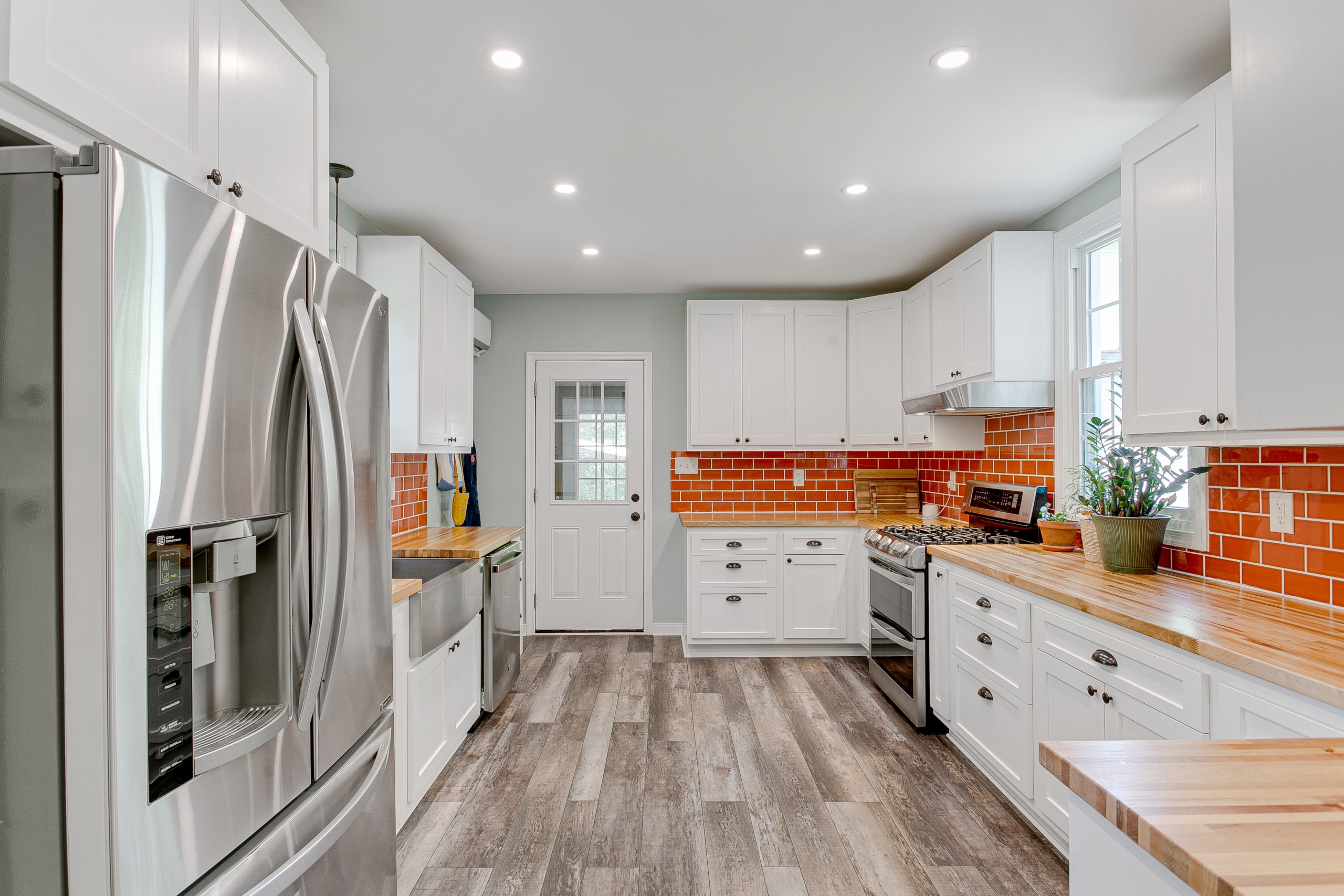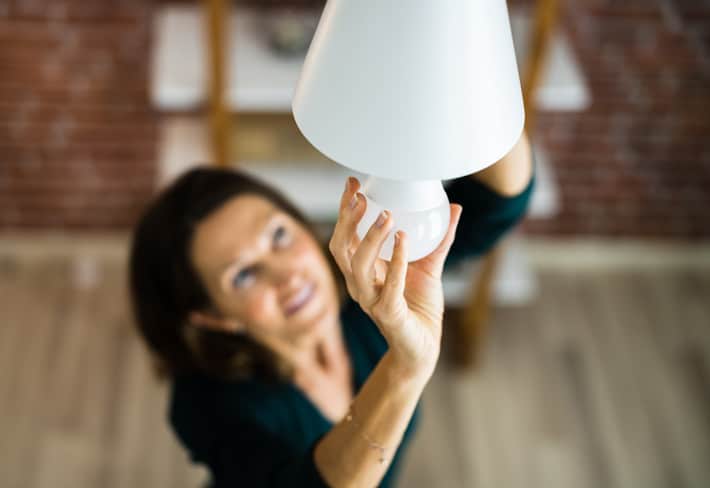From energy-efficient heating and cooling HVAC systems to lighting and other household appliances such as water heaters or clothes dryers, there are multiple options, tips, and tricks that can help you save on your monthly electric utility bill. There are a variety of factors that can help your home conserve energy to produce additional savings and help the environment.
Table of Contents
- Understanding How to Read Your Electric Bill
- Systems Affecting Your Energy Usage
- Energy-Efficient St. Louis Home Appliances
- Energy-Saving Practices to Lower Your Electrical Usage
- Incentives and Rebates for Energy Star Rated Systems
- FAQs
Understanding How to Read Your Electric Bill
Learning how to read your utility bill and electrical meter is the first step in reducing your energy usage. Ameren Missouri explains that there are differentiating summer and winter rates[1]. Winter rates, running from October through May, are historically lower than summer rates due to a decreased demand for energy.
To fully understand your electric bill, it’s important to know what a Kilowatt-hour (kWh) is. Households are charged for energy use by kWh, which is the basic unit for measuring the amount of electricity used. If you take your kWh, or energy used, times your kWh rate, it will equal your energy usage charge.
Along with other additional charges such as local municipality taxes, the electric customer residential charge, and other adjustment charges, your total electric bill is created.
Systems Affecting Your Energy Usage

There are several appliances in your home that affect the amount of energy used, including
- HVAC System: Your heating and cooling system is one of your home’s most significant energy users.
- Water Heater: If your home has an electric water heater, this is another significant energy usage source.
- Appliances: Including refrigerators, dishwashers, washing machines, and dryers, account for extensive energy usage in your home.
- Lighting: An integral part of your home’s energy equation, lighting choices significantly impact energy consumption.
Energy-Efficient St. Louis Home Appliances
When it’s time to replace your appliances or any of the systems listed above, it’s essential to look for models with the Energy Star label[2]. These appliances are certified by the U.S. Environmental Protection Agency to use less energy than standard models. Energy Star products include:
- Heating and Cooling Equipment: Including Smart Thermostats. Consider also looking into switching to a geothermal or heat pump system.
- Essential Appliances: Upgrade to energy-efficient models for clothes dryers, washing machines, dishwashers, freezers, and refrigerators.
- Water Heaters: There are tanked and tankless water heater options that are energy efficient.
- Lighting: Energy Star Certified light bulbs use up to 90% less energy than standard bulbs and last 15 times longer. They produce about 70-90% less heat, so can cut costs associated with your cooling equipment[3].
- Windows and Doors: Upgrade to energy-efficient windows and doors to enhance insulation and minimize heat transfer. This contributes to a more comfortable home environment and reduces reliance on heating and cooling systems.
- And More
Remember to check with your local electrical provider to see if they have energy-efficient product programs where you can get cash back, rebates, or discounts off the energy-efficient product itself.
Energy-Saving Practices to Lower Your Electrical Usage

If you need more time to upgrade your home’s appliances, there are other energy-saving practices you can implement to lower your electrical usage, including:
- Unplug or turn off electronics when not in use.
- Turn off the lights when you leave the room.
- Replace your light bulbs with Energy Star Rated products.
- Schedule an HVAC tune up and replace the filters regularly.
- Have your air duct cleaning every 3-5 years.
- Raise your cooling settings or lower your heating settings on your thermostat.
- Clean your refrigerator coils.
Incentives and Rebates for Energy Star-Rated Systems
There are various incentives, tax credits, and rebates available to help you save money and reduce energy consumption in your home.
Where to Find Available Incentives and Rebates
There are numerous ways to determine what incentives, tax credits, and rebates are available in your area.
- The Energy Star Website offers a rebate finder, so you can select the product and your location to see if you are quality[4].
- Your local electric company may offer energy-efficient programs, free or discounted energy-saving products, rebates, and more.
- Other government programs may be available, including the Department of Energy Inflation Reduction Act[5].
Energy Saving FAQs
There are several systems/appliances that have high energy usage. If your appliances are inefficient or older in age, excessive lighting, poor insulation, and more can affect your monthly utility bills.
Adjust your thermostat to a higher temperature during hot weather and a lower temperature during cold weather snaps when you are away from home. Use a fan to assist during hot temperatures and close the curtains or blinds.
Be sure to look at your monthly utility bill to analyze your energy usage and identify trends and patterns in your energy usage.



